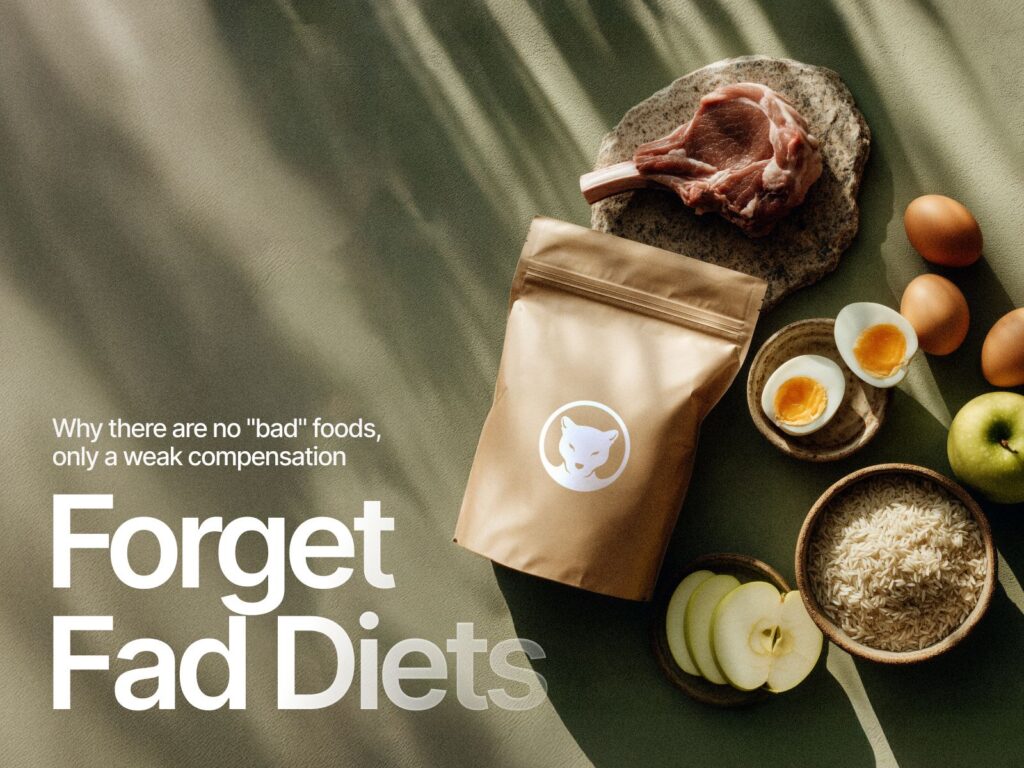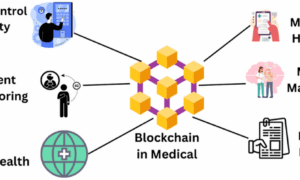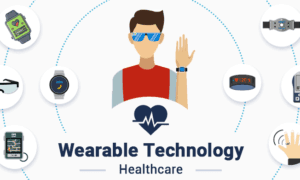Let’s talk about the absolute insanity that is eating in 2025? I’m sitting here in a cafe watching my friend’s What I Eat In A Day TikTok post. She mentioned spiralized zucchini noodles, chia pudding (whatever that is), and cauliflower rice. Meanwhile, her roommate is sitting opposite me, devouring an extremely chocolate-filled baguette. Guess who’s always complaining of a bloated stomach, feeling tired, and always stressing about what to eat? You guessed right, it’s not the one eating a baguette.
This is surprisingly the kind of world we find ourselves in—one where foods that humans have thrived on for centuries are suddenly unhealthy. And somehow we’re supposed to believe that our great-grandparents who survived on these foods were merely lucky for living as long as they did. That they could handle butter, potatoes, and fatty milk, but we can’t?
What if I told you the issue isn’t the food, but the way we’ve been thinking about nutrition is all wrong? That’s where companies like Holivita step in, using real science to figure out what YOUR own body needs, not what some influencer thinks everyone should eat.

The Contradictory Message of Modern Dieting
We’re presently drowning in a sea of contradictory dietary information. One minute, you’re watching an acclaimed “health guru” on Instagram praising the virtues of a strict carnivore diet, the next one you’re on a vegan’s page learning about the benefits of adopting a genuine vegan diet. On your next scroll, a health influencer is mixing a bunch of fruits to make a smoothie, arguing vigorously that it is the only path to clarity and having a fulfilled day. It’s endless—we’re constantly fed with varying opinions, with each side of the argument vehemently insisting theirs is the best way.
And I have to say, people often do feel better on these diets. But it’s not because they’ve found a magic formula, rather because they’re finally paying attention to what they eat. Nearly any structure is better than chaos. However, that doesn’t mean the structure should be a prison.
I don’t know if you remember when butter was labeled a public enemy, only to be resurrected a few years later as a natural source of healthy fats. What about eggs? They were once villainized for their cholesterol content, only for them to become the protein powerhouse suddenly. These dramatic changes in opinions are not only confusing, they are a reflection of how we approach nutrition.
What is good or bad nowadays is mostly based on market trends or what’s gone viral on TikTok. This creates a vicious cycle of guilt, restriction, and deprivation. You cheat on your strict diet with a bottle of coke and a delicious slice of pizza, and you feel guilty, disappointed in yourself even. But what if the guilt and anger you feel towards yourself are doing more harm than the pizza and coke?
Here’s a statistic for you to ponder: nearly half of Americans attempt to lose weight each year. And 95% of them regain their former weight within 1 to 5 years. While we struggle with another “revolutionary” diet, the global dietary supplement industry is valued at over $177.5 billion. Someone is clearly profiting from our confusion.
Your Body as the Compensation Machine
Most people don’t know this, but the human body is a master of adaptation. It is constantly working overtime to process whatever you throw at it—be it a nutrient-dense kale salad or even a celebratory slice of cake. The problem isn’t the food; it is your body, when it is compromised or missing key essentials, suddenly everything becomes a threat.
Imagine your body as a team of superhero girls, each with her own specialty: one deals with sugar, another handles fats, and a third restores energy. When your inner squad is strong, well-fed with the right nutrients, and rested, it performs at its best, effortlessly handling threats like sugar, processed foods, and even late-night indulgence. They ensure that you’re not sluggish, bloated, or have indigestion. But if a team member of this special force is tired or under-equipped (most often from over-dieting or lack of essential nutrients), you become susceptible to attacks.
The issue with today’s lifestyles is that we consistently weaken this flexibility. Constant stress depletes the adrenal glands. Not getting enough sleep disrupts hormonal balance. Missing essential nutrients affects how well enzymes work. As a result, your “top-notch defense team” turns into a weary squad of rookies.
Boosting Your Defenses
So, instead of simply concluding that a food is bad because you become tired or stressed after consuming it, you need to take a closer look at your internal defense system. It’s not about what you can’t eat, it’s about how your body can thrive with what you do eat.
This is exactly where Holivita steps in. It does not come with a rule book of foods you should and shouldn’t eat; rather, it introduces a personalized, supportive, and holistic approach to dieting—one that carefully examines your internal organs to identify missing components.
Holivita understands that what works for you may not be a perfect fit for the next person; hence, it takes a personalized look at your present conditions before recommending lifestyle tweaks, dieting, and procedures that will genuinely support your system.
Instead of yet another diet, they analyze your genetics, microbiome, and biomarkers. Imagine: you take a simple test, and an algorithm determines why your body specifically can’t handle lactose or why you get sleepy after yogurt. It’s like finding a manual for your body.
Consider the sudden surge in popularity of Ozempic, Wegovy, and other diet drugs. While life-changing for patients with diabetes and significant obesity, it has somehow become a generic weight loss treatment for almost anyone. Most users do not know of the importance of strengthening the body’s natural compensation before taking such drugs, so when the medication stops and their bodies have not learned how to manage their food intake, it becomes a problem. This underscores the need to understand what your body needs versus a quick, mostly unsustainable fix.
Think, also, about the number of “wellness” products that have flooded the market. Again, while some have been beneficial to users, most employ marketing campaigns that target our desire for a magic pill. Are they truly masking your symptoms, creating a sense of security, and draining your pocket? It is important to discern what is effective for your body and what could be detrimental in the long run. Or take the trend of adaptogens—lots of people are using ashwagandha without knowing it might make birth control less effective. Or collagen in coffee—sounds cool, but at temperatures above 40°C, it just breaks down.
Or take berberine—dubbed “nature’s Ozempic” by TikTok. Everyone’s popping it like candy, not realizing it can block B12 absorption and wreck your gut if you’re not the right candidate. Same with the “cortisol cocktail” trend—mixing random supplements because some wellness influencer said so, without knowing if YOUR cortisol is actually the problem. This is exactly why a personalized approach matters—what’s medicine for one person can be poison for another.
Sustain Your Health, Embrace Food Freedom
The real revolution in nutrition won’t start with finding the perfect diet. It will begin when we realize that the issue isn’t the food itself, but how well our body can handle it. Instead of blaming entire food groups, we will start to strengthen our own defense system.
Holivita is the first step toward this future. It’s a platform that doesn’t forbid but studies. It doesn’t restrict, but optimizes. It doesn’t promise wonders, but provides tools for better understanding your own body.
So yes, enjoy that croissant. But first, learn what your body needs to turn it from a foe into a source of energy and pleasure. Because life is too short for bland food and constant guilt.
Ready to find out what your body is truly capable of? The first phase of Holivita’s launch is planned for the coming months. Start with creating a free profile and Medical ID—this will be the beginning of freeing yourself from dietary dogmas.


































